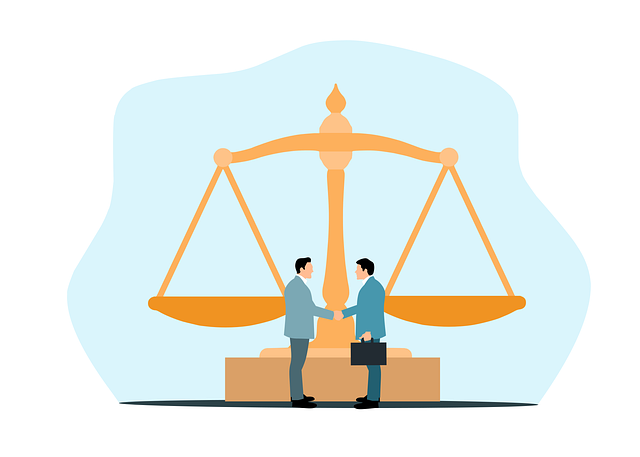When starting or growing a small business, legal services are often overlooked. However, having a strong legal foundation is essential for protecting your business and ensuring its long-term success. In this article, we will discuss the key legal services that every small business should consider.
1. Business Formation
One of the first legal steps to take when starting a small business is choosing the right business entity. Whether you decide to operate as a sole proprietorship, partnership, limited liability company (LLC), or corporation, each has its own legal implications in terms of liability, taxation, and management. A legal advisor can help you navigate the complexities of business formation and choose the best structure for your business.
2. Contract Drafting and Review
Contracts are a crucial component of any business operation. From agreements with suppliers and vendors to employment contracts and client agreements, having well-drafted contracts in place can protect your business from disputes and legal issues. A legal professional can help you draft and review contracts to ensure that your interests are protected.
3. Intellectual Property Protection
Intellectual property, such as trademarks, copyrights, and patents, can be valuable assets for a small business. Protecting your intellectual property is essential for safeguarding your brand and innovations from infringement and unauthorized use. An intellectual property attorney can help you secure and enforce your IP rights.
4. Employment Law Compliance
As an employer, you must comply with federal and state employment laws to avoid potential legal liabilities. From wage and hour laws to anti-discrimination regulations, a legal advisor can help you navigate the complex landscape of employment law and ensure that your business is in compliance to avoid costly lawsuits.
5. Regulatory Compliance
Small businesses are subject to various regulations and compliance requirements depending on their industry. From data privacy laws to environmental regulations, regulatory compliance is crucial for avoiding fines and penalties. A legal professional can help you understand and adhere to applicable regulations to protect your business from legal risks.
6. Dispute Resolution
Despite your best efforts to prevent conflicts, disputes may arise in the course of running a business. Whether it’s a contract dispute, employment issue, or regulatory violation, having legal representation can help you resolve disputes efficiently and protect your interests. A skilled attorney can negotiate settlements, represent you in court proceedings, or provide alternative dispute resolution services.
7. General Counsel Services
For ongoing legal needs, consider hiring a general counsel or legal advisor to provide comprehensive legal support for your small business. A general counsel can offer strategic advice, review contracts, handle legal disputes, and ensure that your business is in compliance with applicable laws and regulations. Having a trusted legal advisor can save you time, money, and stress in the long run.
Conclusion
Legal services are an essential investment for small businesses seeking to protect their assets, mitigate risks, and ensure compliance with laws and regulations. By partnering with a reputable legal professional, you can navigate the complex legal landscape and focus on growing your business with confidence.
